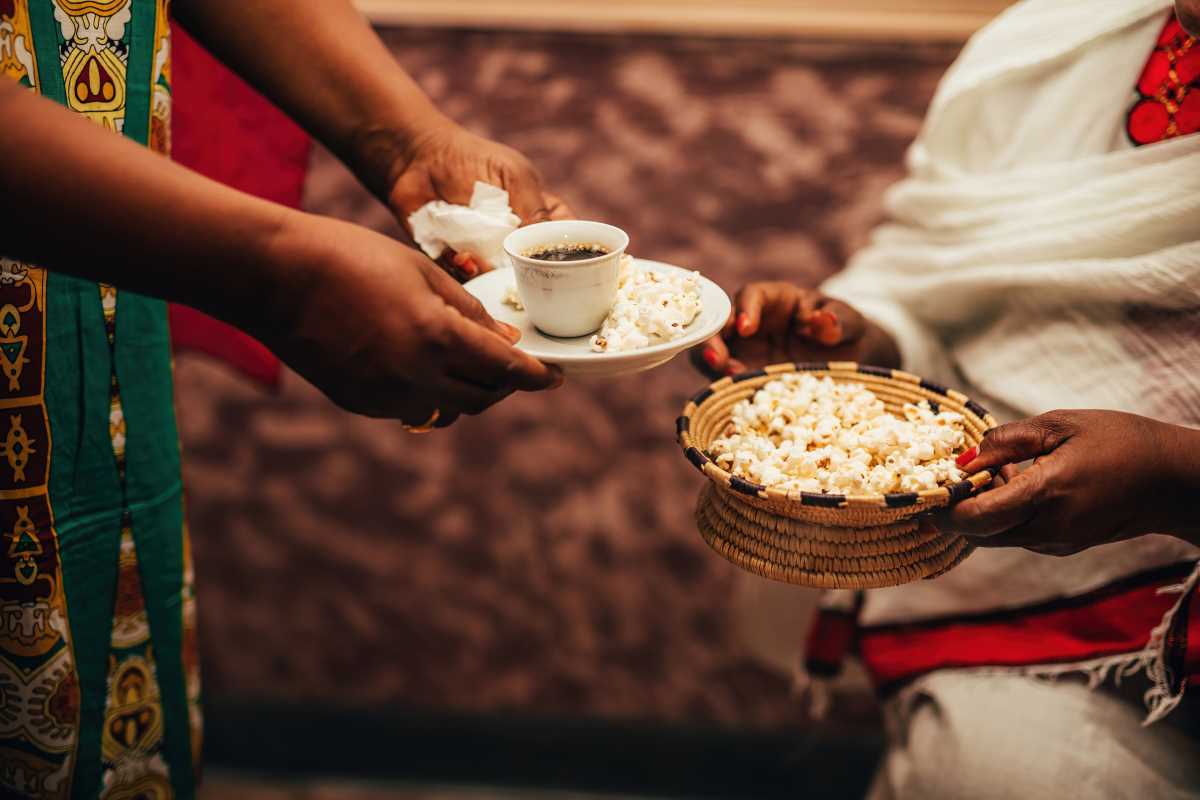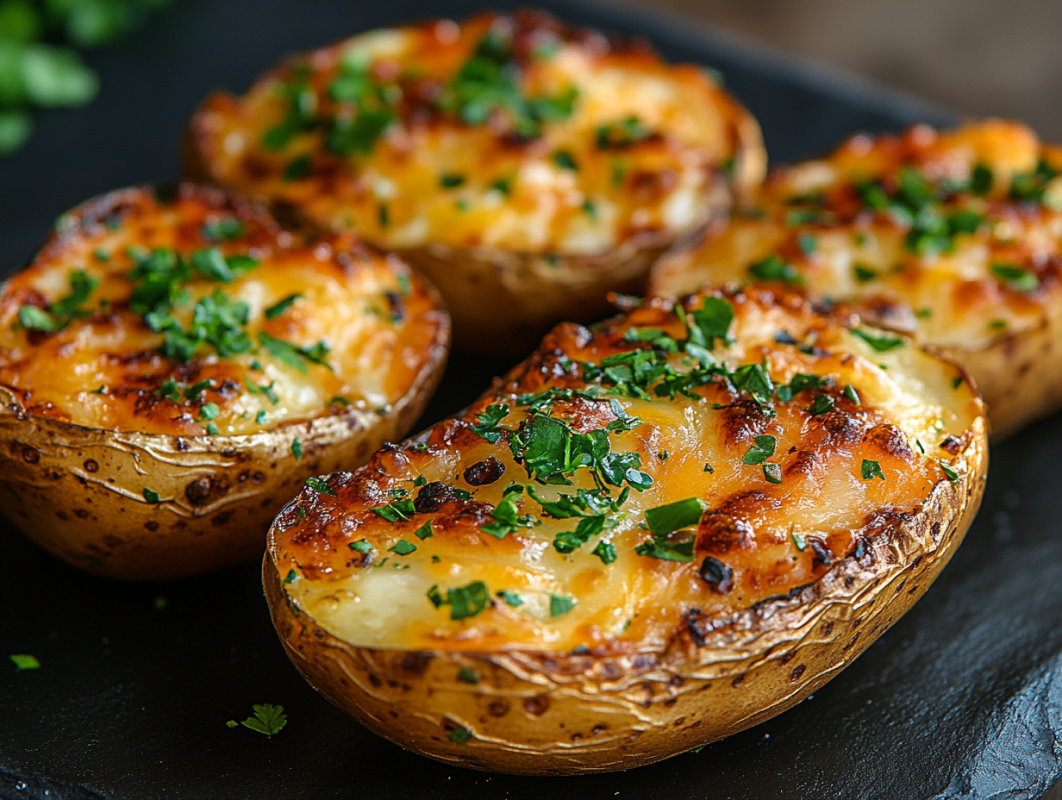Food is more than just fuel for our bodies. It’s a window into culture, history, and traditions. Every bite tells a story. It might be a grandmother’s secret recipe passed down through generations or a dish that reflects a country’s geography and resources.
Exploring culture through food is one of the most enjoyable and accessible ways to build a connection with people worldwide. Do you want to get hands-on in the kitchen, taste authentic meals at a local restaurant, or fully immerse yourself in a food festival? There are endless ways to learn about the world through its flavors. If you’re ready to travel with your taste buds and expand your horizons, here are a few ways to begin your cultural food adventure.
Take a Cooking Class
One of the best ways to learn about a new culture is by joining a hands-on cooking class. Many community centers, culinary schools, and restaurants host workshops that teach you how to prepare traditional dishes from different cultures. Imagine rolling sushi in a Japanese cooking class or mastering the art of pasta in a lesson taught by an Italian chef.
Cooking classes don’t just teach techniques. They often include stories about why certain ingredients are used or the history behind a dish. You might learn that tamales were a portable food ancient Mesoamerican peoples carried with them on journeys or that Moroccan tagines are designed to lock in moisture because water was historically scarce.
Not only will you get to enjoy a delicious meal at the end of the lesson, but you’ll also take home recipes and skills to recreate those dishes anytime. Meeting other foodies in these classes can also open up more opportunities for cultural exchanges and shared meals down the road.
It’s easy to look for classes hosted by chefs or instructors who are part of the culture you’re learning about. They’ll often provide the most authentic experiences and insights. One of the best places to look can be a community center or even classes. You can also check Facebook or take online classes with Udemy.
Visit Cultural Restaurants
Restaurants are like little windows into the soul of a country or region. Visiting family-run or community-based spots lets you experience authentic tastes and traditions without having to leave your city. While some high-end restaurants feature global cuisine, smaller local spots are often where you’ll find the heart of a culture’s cooking.
When visiting, look beyond the food. The overall ambiance. The decor, music, and even the way dishes are served all add layers to the cultural experience. At a traditional Middle Eastern restaurant, you might be encouraged to share plates, reflecting the value of communal dining. At a Korean BBQ spot, you might find yourself grilling your own meat at the table, a practice rooted in the culture’s emphasis on togetherness.
To dig a little deeper, don’t be shy to ask your server questions about the menu or the history of certain dishes. Many love sharing stories about their culture and cuisine, and you’ll leave with much more than just a full stomach.
Look out for special cultural dining events or themed nights. Some restaurants host traditional performances or music to accompany the meal, enhancing the cultural immersion.
Attend Food Festivals
Food festivals are vibrant celebrations where you can taste a variety of dishes from one culture (or several) within a single day. These events are often filled with food stalls, live cooking demonstrations, and even cultural performances tied to the featured cuisine.
A Greek festival might offer everything from gyro sandwiches to baklava, along with traditional Greek dancing or music. Similarly, a Chinese New Year food market will likely include dumplings, spring rolls, and desserts like red bean cakes. They’re often served with explanations of their significance during the holiday or demonstrations of traditional dances or songs.
By attending food festivals, you not only get to eat incredible food but also connect with people passionate about their heritage. Vendors and chefs are usually happy to share their cooking techniques, ingredient recommendations, or the origins of their recipes.
Keep an eye out for international festival events in your area. Facebook is usually the best way to keep track of these events, but some communities have newsletters you can sign up for.
Explore Food Tours
Food tours are a fun way to wander through a city while learning about its culinary history. Led by knowledgeable guides, these tours take you to local restaurants, markets, and sometimes even bakeries or home kitchens. These tours let you sample delicious bites and hear the stories behind them.
Food tours often include small groups, so they’re great for mingling with like-minded people who share your passion for food and culture. The guides are also excellent resources for more culinary experiences you can try on your own!
Go on a food tour when visiting a new city, especially if it’s a large metropolitan area. It’s a great way to kick-start your trip and discover local gems you can revisit later.
Participate in Pop-Up Dinners
Pop-up dinners are trendy, one-night-only events where chefs create themed menus, often inspired by a specific culture. These events are held in unique spaces, like art galleries, rooftops, or private homes, creating an intimate atmosphere perfect for learning and sharing.
Attending a pop-up dinner gives you access to carefully curated meals and conversations with the chefs who designed them. Some pop-ups also feature live storytelling or musical performances, making the evening both a culinary and cultural experience.
Follow local chefs or food events on social media to find pop-ups near you. Many events sell out quickly, so it’s wise to book your seat early!
Volunteer or Participate in Community Events
Many cultural organizations host food-based events, and volunteering or participating in these activities is a great way to connect with people while learning about their cuisine. You could help prepare food for a Diwali feast at an Indian community center or assist in rolling grape leaves at a Middle Eastern church fundraiser.
Getting involved teaches you more than just how to cook. It can also help you understand the broader cultural significance of the food and show you the joy and connection that these traditions bring to their communities.
Look for cultural centers, churches, or community groups in your area that frequently host events. Volunteering is often free and incredibly rewarding!
 (Image via
(Image via





